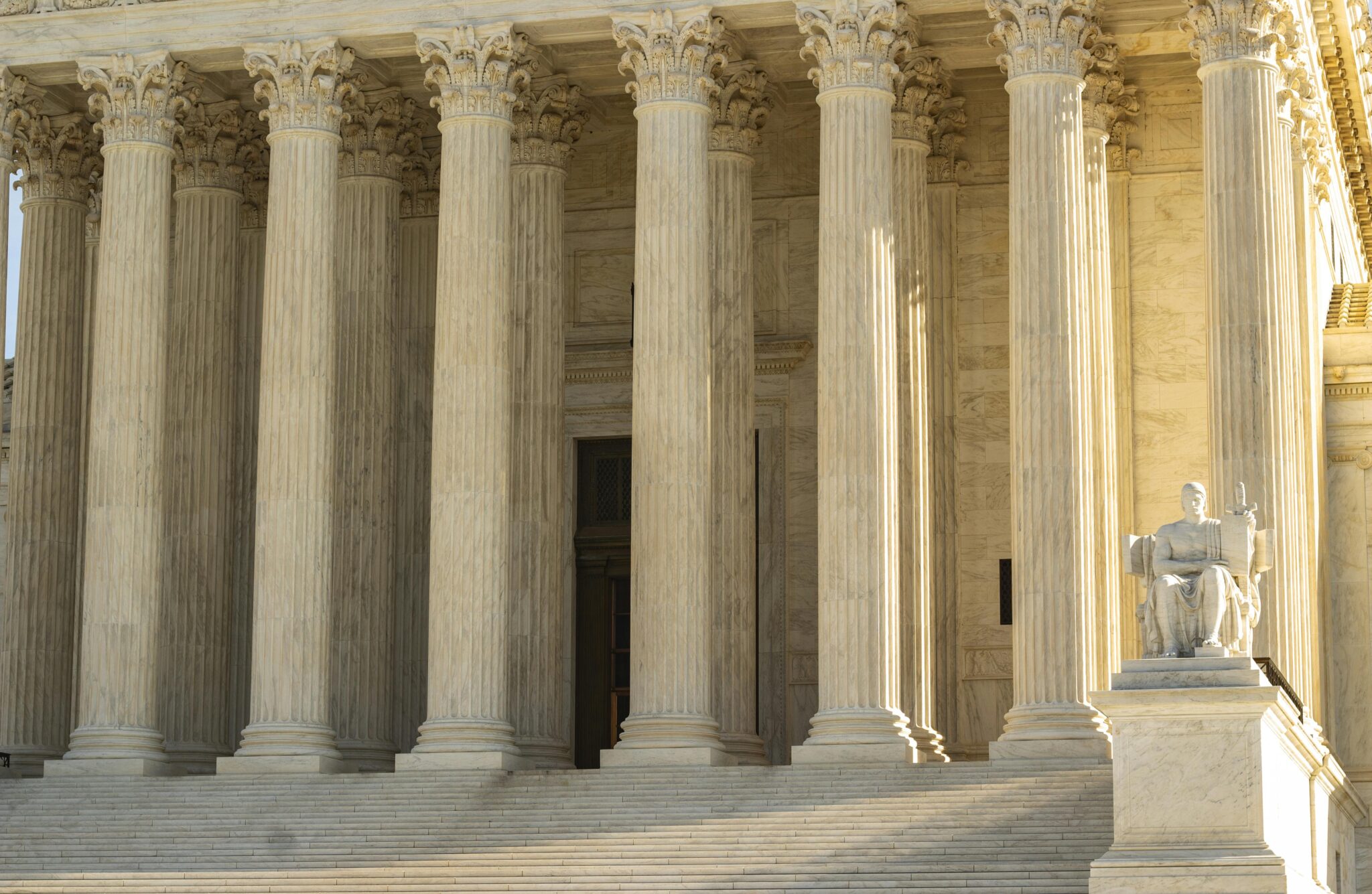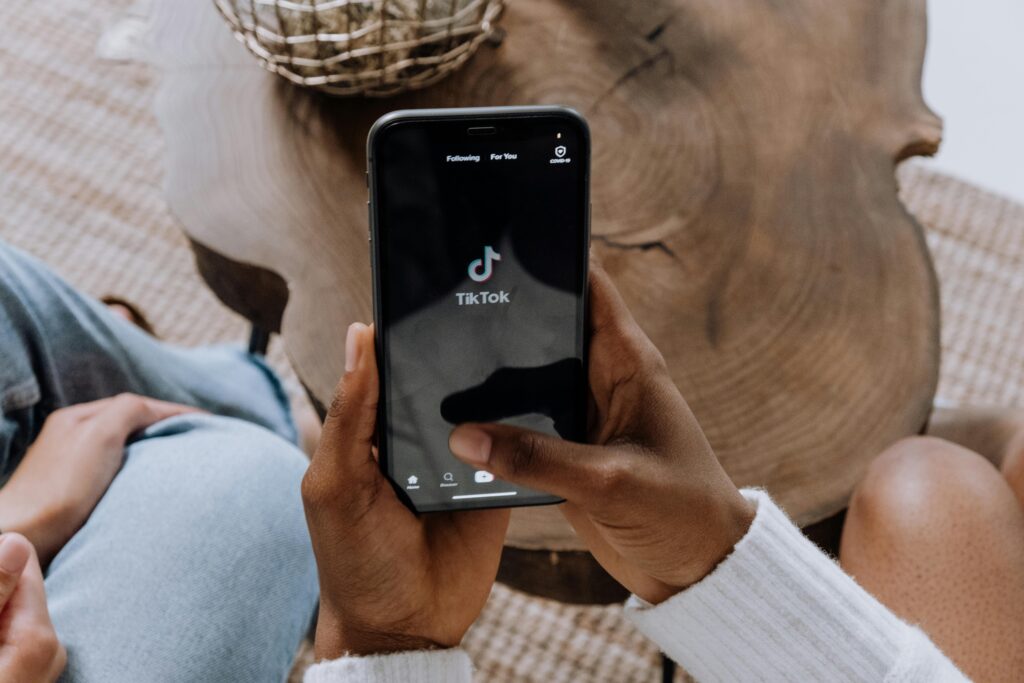In a big move on U.S. immigration rules, the Trump team asked the Supreme Court on Friday to okay an order that stops birthright citizenship. This old rule says any baby born on American dirt gets to be a citizen right away. President Trump signed it on day one of his new term in January 2025, but judges have kept it on hold. Now, the fight heads to the top court. It could change who counts as American forever. With the court term starting soon in October, this story is heating up fast. Families, lawyers, and leaders all weigh in on the big what-ifs.
Birthright citizenship comes from the 14th Amendment, added after the Civil War in 1868. It fixed a bad old Supreme Court call that said Black folks born here weren’t citizens. The words are clear: “All persons born or naturalized in the United States, and subject to the jurisdiction thereof, are citizens.” For over 150 years, this covered kids of everyone—from tourists to undocumented parents. About 4 million babies get this gift each year. But Trump wants to end it for kids of folks here without papers or on short stays.
Why Trump Wants This Change
Trump says the rule lets too many “unqualified people” in. His lawyers filed papers saying the 14th Amendment meant citizenship for freed slaves and their kids only—not for “aliens temporarily visiting” or “illegal aliens.” Solicitor General D. John Sauer called the long-time view “mistaken.” They claim it hurts border safety by giving automatic rights to kids of border crossers.
The order aims to cut “anchor babies,” a term Trump uses for kids born to undocumented moms to help families stay. Supporters say it makes immigration fairer and tougher on law-breakers. In border states like Texas and California, this hits home. Thousands of mixed families worry about their little ones’ future.
But foes say it’s a direct hit on the Constitution. The American Civil Liberties Union (ACLU) fights it hard. “If the court takes this up, the president goes against the U.S. Constitution, a 127-year-old Supreme Court case, and a law from Congress. He will lose,” said Cecilia Wang, the group’s top legal boss.
The Long Road Through Courts
The story started in January when Trump signed the order. Judges jumped in quick with blocks. Federal courts in places like New Hampshire and Washington State said no way. In July, a New Hampshire judge let a big class-action suit go on. It covers babies hit by the rule and their parents. That freeze went nationwide.
Over in the Ninth Circuit Court, based in San Francisco, judges ruled the order breaks the 14th Amendment’s “plain language.” They said it can’t twist the words about birth in the U.S.
Trump’s team fought back. In May, the Supreme Court heard talks on if lower judges overstepped with big blocks. In June, a 6-3 vote helped Trump. It stopped one way for judges to halt his plans. That split by party lines—conservatives for, liberals against.
Now, new filings ask the high court to lift all holds. If they take the case, talks could start in October. Rulings come by July 2026 at latest. The Justice Department skipped comment requests.
This sets a huge test for the court. They’ve let Trump push key plans before, like travel bans, on quick stays. A yes here could greenlight the order. A no keeps the old rule safe.
Voices from Both Sides
Immigrant groups rally hard. In cities like New York and Los Angeles, protests call it “un-American.” One mom from Mexico, whose U.S.-born son is 5, told local news, “He was born here. This is his home. Don’t take it away.” ACLU suits grow, with more families joining.
On the flip, border patrol unions cheer. “It sends a message: Follow the rules,” said one agent. GOP leaders in Congress back Trump, saying it fixes a “loophole” from 1868 that doesn’t fit today’s world.
Experts break it down in numbers:
- Who It Hits: About 300,000 kids born yearly to undocumented parents would lose auto-citizenship.
- Court Odds: With a 6-3 conservative edge, some bet on Trump. But the 1898 case United States v. Wong Kim Ark backs birthright strong.
- Timeline: Delays mean families wait in fear. Schools, hospitals, and jobs could feel the shake if it passes.
- Global View: Most countries don’t give birthright. Canada and Brazil do, but the U.S. stands out.
The court building in D.C. now has scaffolds for fixes—fitting for a system under repair.
Bigger Picture: Trump’s Immigration Push
This fits Trump’s hard line on borders. Since January, deportations jumped 25%. Wall building restarts, and visa checks tighten. The order ties to that: No citizenship means less pull for illegal entry, he says.
But it sparks fire. Protests hit 50 cities last month. On social media, #KeepBirthright trends with 5 million posts. Videos show kids’ stories, tugging heartstrings.
Lawyer Abbie VanSickle, who covers the court, notes the stakes. “This could redefine American identity,” she writes.
Got court tips? The paper asks folks to share on Supreme Court scoops.
What Happens Next?
Eyes lock on the justices. Will they grab it? If yes, America holds breath till summer. Families plan backups—maybe moves abroad. Businesses eye worker shortages if rules shift.
This isn’t just law talk. It’s about belonging. Born here? Does that still mean citizen? Trump’s bet says no for some. The court will say.
As October nears, the nation waits. One thing’s sure: The answer shapes tomorrow’s America.






















